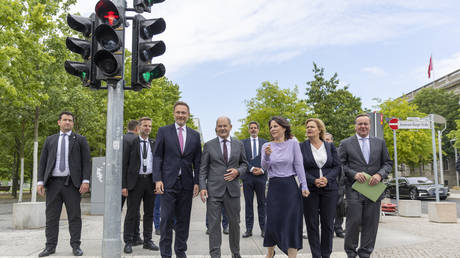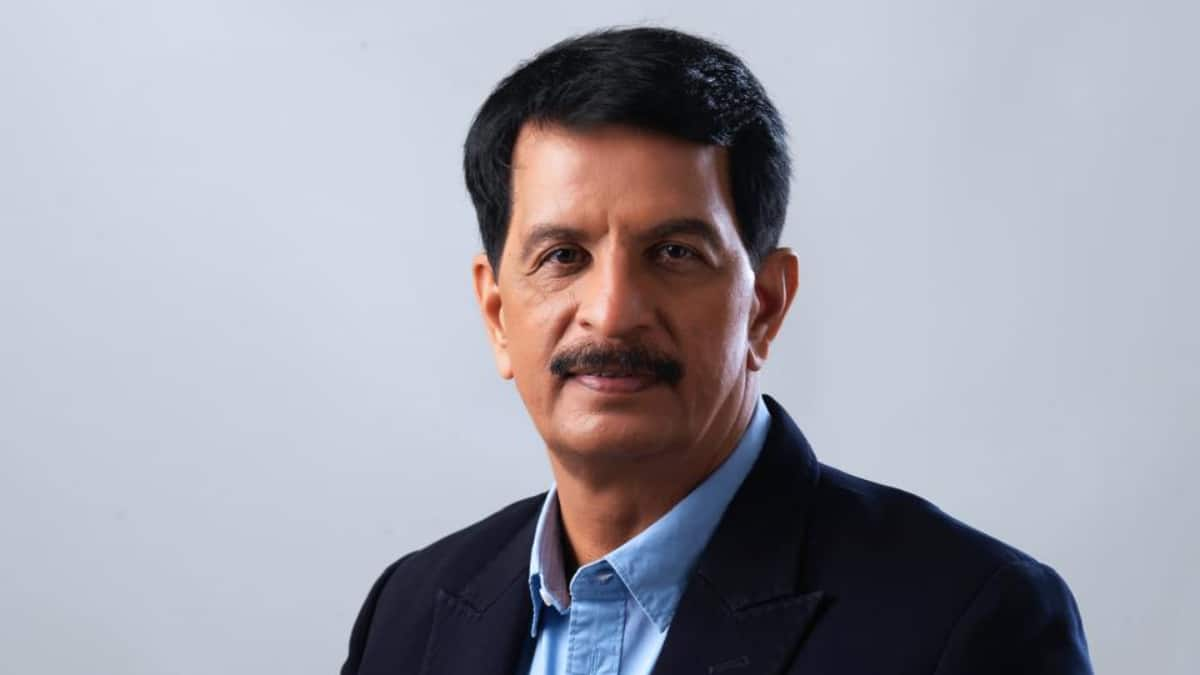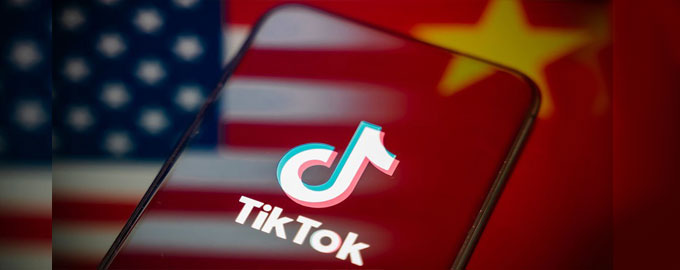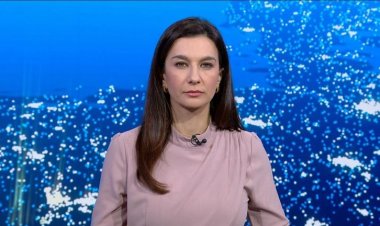German Voters Dissatisfied with Traffic Light Coalition, Chancellor Scholz
Some two thirds of German voters are dissatisfied with the ruling coalition and Chancellor Scholz specifically, according to an INSA survey

A new poll shows that a majority of German voters are dissatisfied with the work of Chancellor Olaf Scholz and his traffic light coalition government.
The poll, conducted by the polling agency INSA for the Bild newspaper, found that only 15% of respondents believe that the coalition is doing a good job. Almost half (49%) believe that the previous grand coalition of the CDU/CSU and the SPD performed better.
The poll also found that two-thirds (64%) of respondents believe that Germany would benefit from a change of government, while only 22% would rather keep the existing coalition.
The poll comes amid growing criticism of the coalition government's handling of the war in Ukraine, the energy crisis, and the rising cost of living.
Chancellor Scholz has been accused of being too slow to react to the war in Ukraine, and of not doing enough to help German businesses and consumers cope with the rising cost of energy.
The poll also found that trust in the state has fallen to record lows in Germany. A Forsa Institute survey commissioned by the nation's biggest public sector employee union found that 69% of Germans believe that the state is "overwhelmed" with the tasks it is facing.
The results of these polls suggest that the traffic light coalition is facing a serious crisis of confidence. It remains to be seen whether the government will be able to turn things around, or whether it will be forced to call early elections.
Here are some additional details from the polls:
- The INSA poll was conducted between August 17 and 18 and surveyed 1,004 people.
- The Forsa poll was conducted between August 11 and 12 and surveyed 2,500 people.
- The ARD poll was conducted between August 2 and 5 and surveyed 1,004 people.
It is important to note that polls can be volatile, and the results of these polls may not be representative of the views of all German voters. However, the polls do suggest that the traffic light coalition is facing a significant challenge.






















